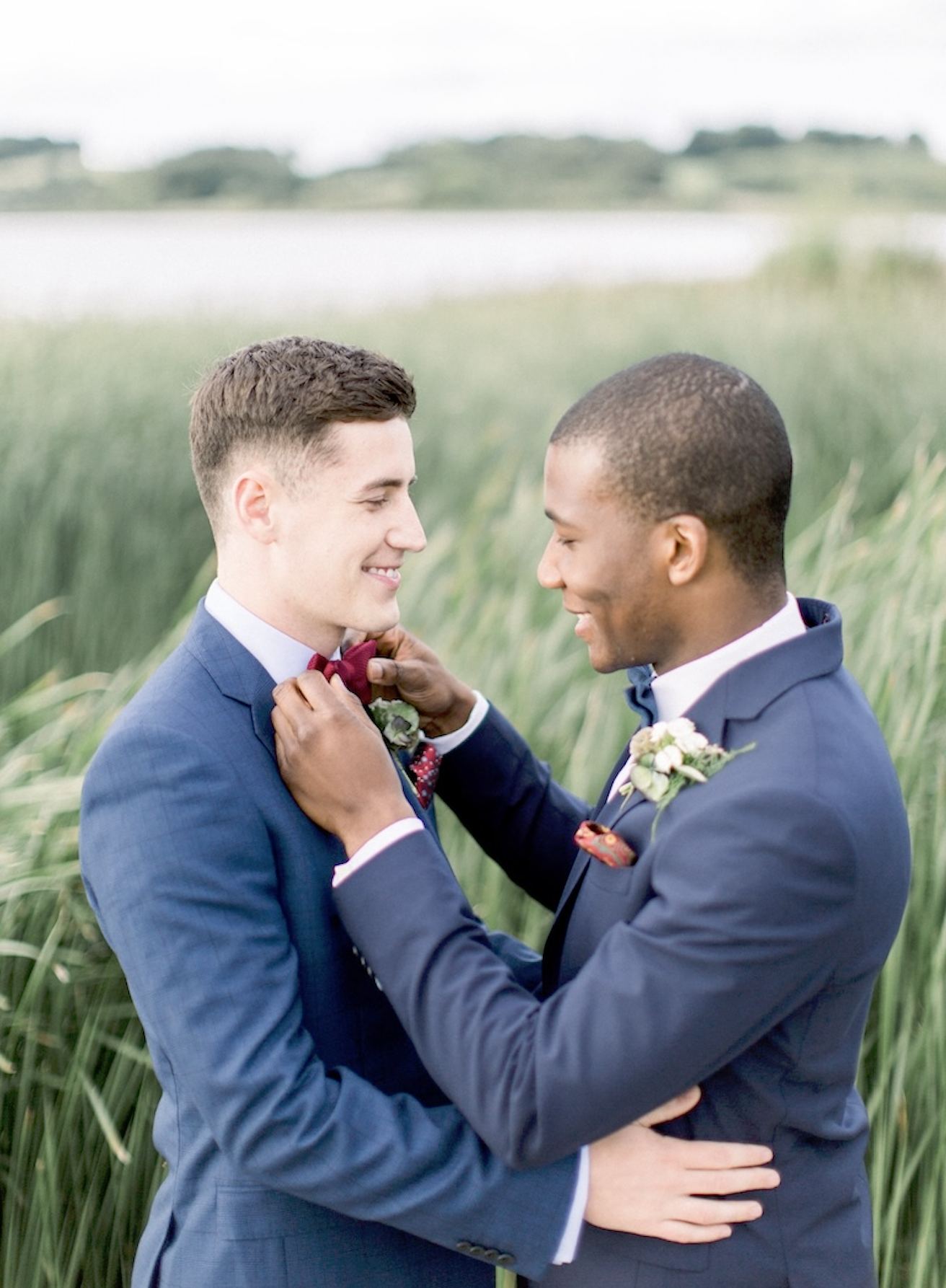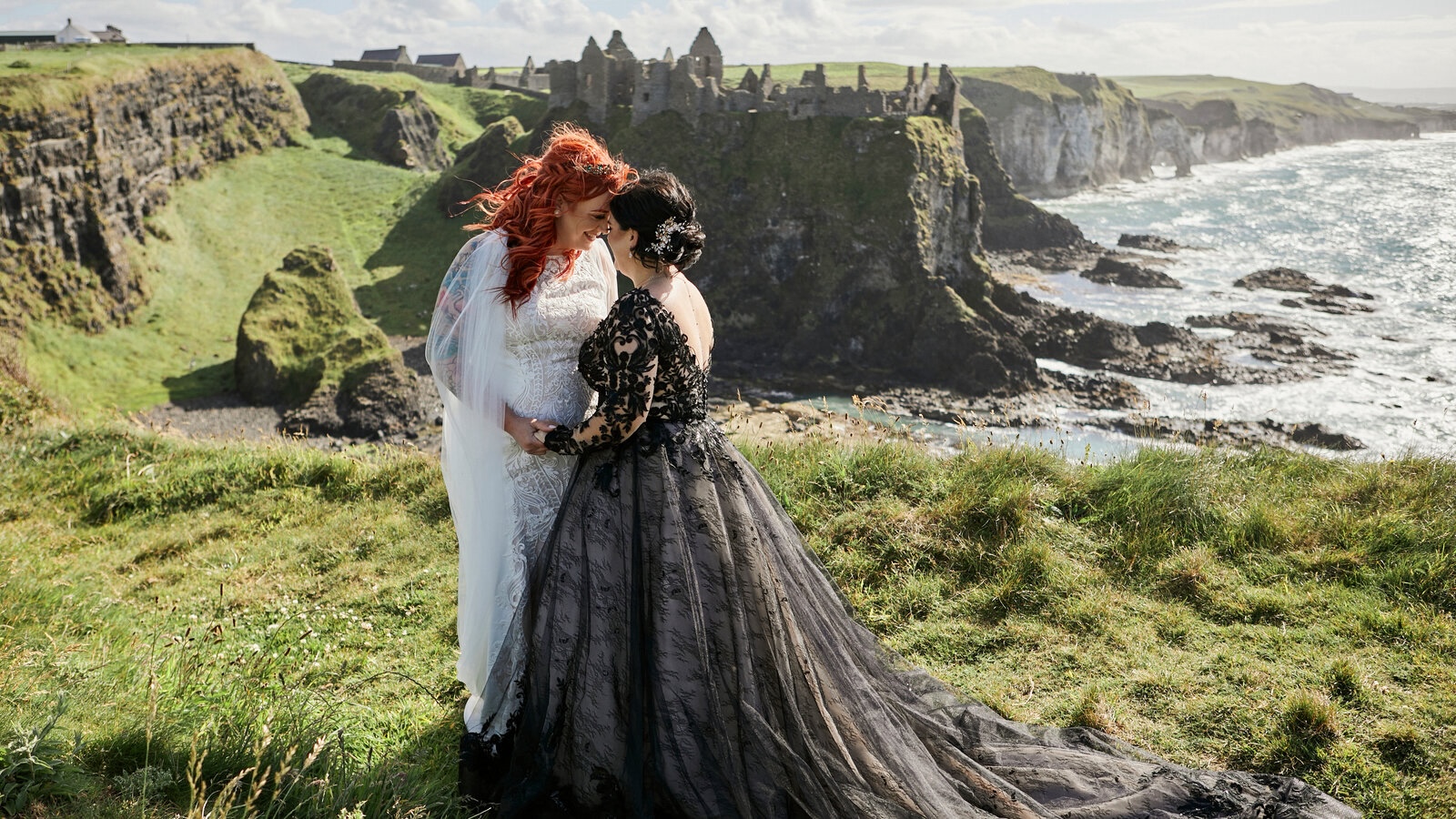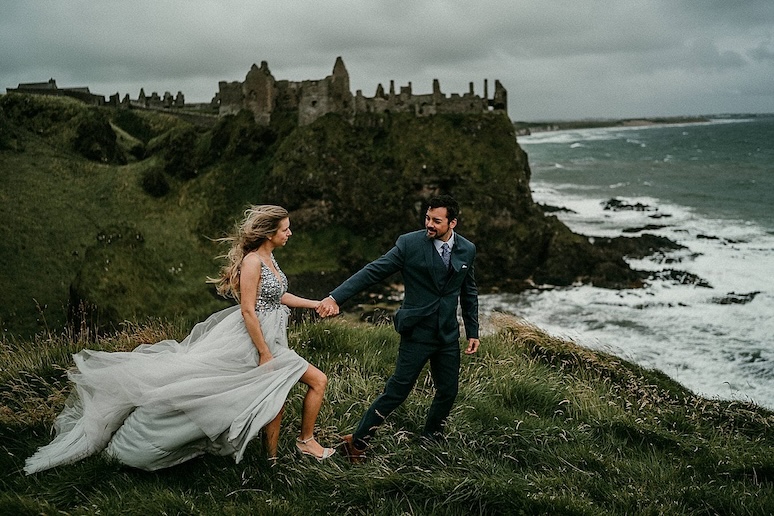Irish citizens went to the polls on International Women’s Day to modernize their 87-year-old Constitution and failed. Or did they?
Voters were asked to remove a reference to “marriage as the basis on which the family is founded,” and replace it with “families can be founded on marriage or on other durable relationships.” If passed, it would’ve become the Republic of Ireland’s 39th Amendment.
A proposed 40th amendment would’ve removed a reference in regards to "a woman’s place in the home,” and another regarding “a mother’s obligation to work out of economic necessity if it would neglect their duties at home.” It would have supplanted in their place: "The state will strive to support the provision of care by members of a family to one another.” In sum, the referendums on family and care were designed to ensure the state look after many different types of families.
So was it ploy or patronizing for Irish Prime Minister Leo Varadkar to schedule the vote on International Women’s Day? Calls for sexist language to be removed from Ireland’s constitution aren’t new, particularly for a nation thats taken on divorce, marriage equality and abortion. What is new and up for debate in a modern world is the question of durability.
Under the aegis of the Catholic Church in Ireland, the role of women in the home was written into its original 1937 constitution. In 2015, Gender Recognition and Marriage Acts were re-defining her role and the traditional home.

Tara Fey
Captured by Irish pirates in Britain and taken as a slave to Ireland, St. Patrick's Confessio chronicles that he lived captive for six years as an animal herder before escaping and returning to his family. Thereafter becoming a cleric, Patrick returns to spread Christianity in Ireland later serving as Bishop; Brigid of Kildare and Columba; Patron Saint of Ireland: The Enlightener.
Credited with bringing Christianity to the Emerald Isle, its in and around the fifth century that Ireland’s pagan societies begin converting to christianity. Feast Day is observed on 17 March, the accepted date of St. Patrick’s death, and is celebrated by the Irish diaspora’s 80+ million people around the world as a religious and cultural holiday. For Ireland its a solemnity; holy day of obligation; and this year collides with Ireland’s Family Bill.
While Irish voters debunked rewriting their constitution’s view of women and family, Varadkar's soft shoe around its wording and vote on International Woman's Day belies a cultural norm embedded in their constitution: "Women’s value to society comes from delivering duties in the home." Some ancient history...
There are no extant records of Ireland’s native religions. What is known is gleaned from archaeology, including: the sculptural monuments associated with the Celts of continental Europe and Roman Britain; and the insular Celtic literature that has survived in writing from medieval period. Both are problematic.
That’s because most of the monuments, inscriptions, motifs and writings from the ancient Celtic religions were manufactured during the later Roman period, blurring Celtic ideologies into Greek and Roman traditions. Moreover, St. Patrick's arrival in Ireland in the 5th century oversees monastic scholars proffering an official re-telling of Ireland’s history.
Of note, are the sacred springs associated with Celtic healing deities and an unusual theme called triplicity. One deity > presenting as three > a trifecta of goddesses > a common theme of European polytheism.
In particular, the “Matres and Matronae” (Mothers and Matrons) are female deities venerated on more than 1000+ votive reliefs, dedications, inscriptions and depictions scattered across Northwestern Europe. Carbon-dating reveals they were erected between the 1st — 5th century CE, and while nothing else is known we do know this. They were created at a day and time when no universal paganism or religion existed in Europe. In fact, every individual tribe had their own pantheons, rituals, and worship styles. Each and all had their own deities and stories.
And while voters rejected the proposals to Ireland’s constitution with a resounding no-no vote, critics were quick to explain they were confused by the language. Others complained the proposal was confounding.
In the first referendum, defeated by 67.7% to 32.3%, the government had asked citizens to expand the constitutional definition of family from being “founded on marriage” and replace it with “durable relationships,” but failed to provide any information on what a ‘durable relationship’ actually is.

April Hil / Kristen Sanders
Thus emboldening Ireland’s attorney general Rossa Fanning to question how courts of the future might interpret a “durable relationship.” This unpublished fact, coupled with the general failure to provide adequate guidance, contribute to a stunning rebuke of non-marital families. Cohabiting couples and their children equate into unequivocal fact. More than 40% of Irish babies are born outside a traditional family.
The second referendum, addressing a woman's place in the home, even comes with a proof. According to the Central Statistics Office, the rate of female participation in Ireland lags behind the international average at just 58.9 per cent. A statistical outlier among peer countries.
The proposal to replace the constitution's parochial articles with new language that recognizes family and caregivers regardless of sexual or gender orientation begins:
The state recognizes that the provision of care, by members of a family to one another by reason of the bonds that exist among them, gives to society a support without which the common good cannot be achieved, and shall strive to support such provision.
In recent decades, the Irish public has rolled back socially conservative public policies. In 1995, Ireland voted to end its ban on divorce, and a referendum in 2019 further liberalized divorce laws. In 2015, the country voted to legalize same-sex marriage, and in 2018 a referendum was held that repealed the amendment that prohibited abortion.
In fact, long before Patrick’s arrival in Ireland the Fates presided across the Emerald Isle. The Greeks and Romans believed they were the enforcers of temporal and spiritual fate but the carbon-dated Truth speaks for itself. These Celtic goddesses were the larks of destiny to durable communities across the land.
Archives










